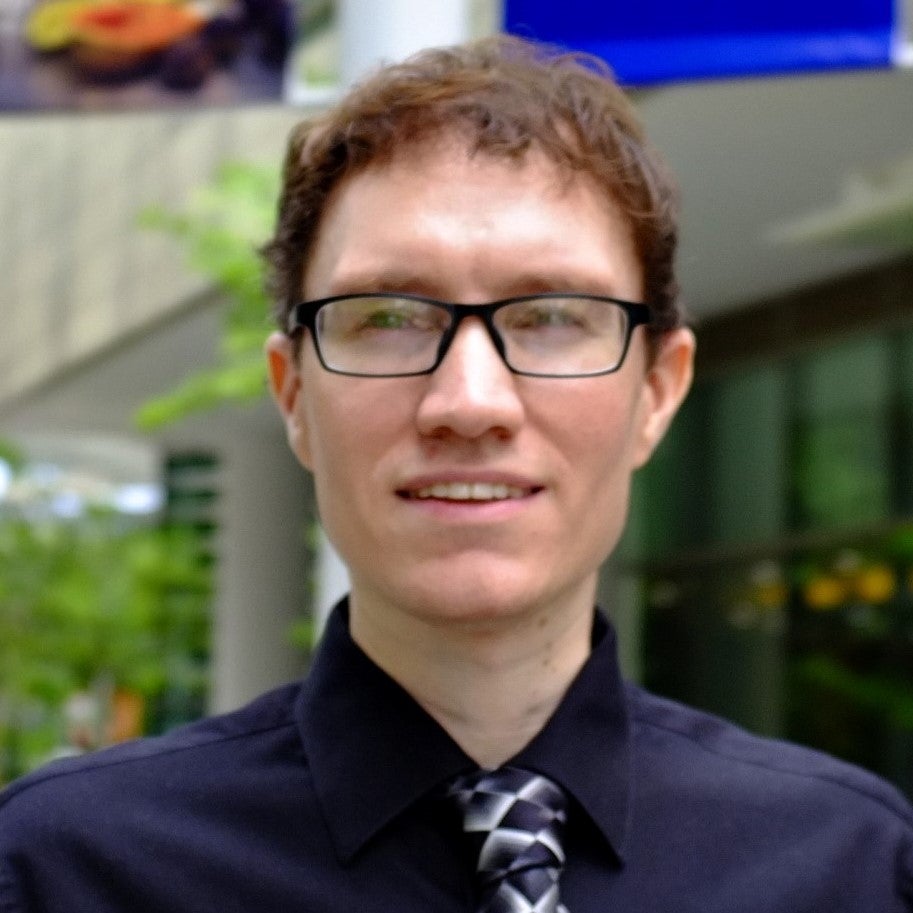
Aaron Danner
Academy Alumni
Academy Fellow from 2014 – 2023
Teaching excellence occurs when a student becomes interested in what was previously perceived as a boring topic. Students can always interesting topics on their own, but it is those difficult or seemingly uninteresting topics that need the inspiration of a good teacher. My educational philosophy is to try to teach physical concepts in an engaging way, using mathematical detail sparingly and only as a tool to reach a certain goal, and to use in-class demonstrations as much as possible. Students are (hopefully) not bored because the sights and sounds I present to them in class cannot be found in a textbook. My field of specialization, electrical engineering, is replete with mathematics and equation-solving – this can cause students to lose interest and drown in a sea of equations. The challenge in education is to present them as tools in discovering the vast richness of possibility for advancement in both technology and society.
Aaron Danner is originally from the state of Missouri in the U.S. Prior to his appointment to NUS, he was employed at Agilent (now Avago) Technologies, where his research projects included efficient LED surface structures and development of vertical cavity surface emitting lasers (VCSELs). Prior to joining Avago, he was a visiting member of the Microsystem Research Center at Tokyo Institute of Technology in 2004, where he investigated high speed characteristics of VCSELs. He received his B.S. degree in Electrical Engineering from the University of Missouri-Columbia, and completed his graduate studies in Electrical Engineering at the University of Illinois at Urbana-Champaign. He is a fellow of the U.S. National Science Foundation and a senior member of the IEEE-Lasers and Electro-Optics Society (LEOS) and member of the Optical Society of America (OSA). He holds several patents and has published over 70 journal articles and 100 conference papers in his career.
The Academy can help NUS education change for the better in the fact of technological advancement in educational methods. Because of the large amount of educational research that has already taken place in recent decades, the keys to successful learning are largely known – it is only a matter of implementation that is challenging.
- Faculty of Engineering Commendation List (2007/2008)
- Faculty of Engineering Commendation List (2008/2009)
- Faculty of Engineering Honours List (2009/2010)
- Faculty of Engineering Honours List (2010/2011)
- Faculty of Engineering Honours List (2011/2012)
- Engineering Educator Award (2012/2013)
- NUS Annual Teaching Excellence Award Winner (2010/2011)
- NUS Annual Teaching Excellence Award Winner (2011/2012)
- NUS Annual Teaching Excellence Award Winner (2012/2013)
- NUS Honour Roll (2014)
- NUS Teaching Academy Inductee (2014)

